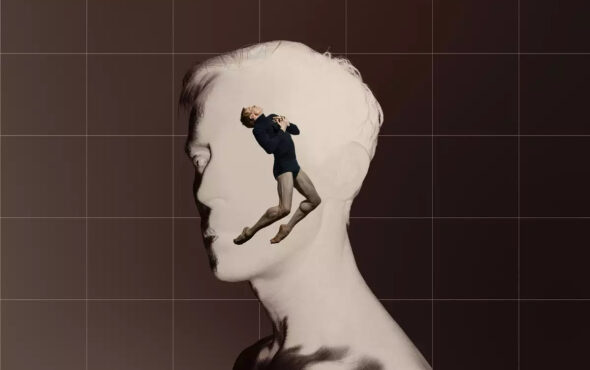
The fight for freedoms has resurfaced as Italy’s proposed anti-discrimination bill faces resistance from right wing conservatives and the Catholic leaders.
Although Italy recognised same-sex unions in 2016, the country is still ranked as one of the worst countries in Western Europe to be LGBTQ+. According to Thomson Reuters Foundation, Italy’s largest LGBTQ+ rights group, Arcigay, records more than 100 hate crime and discrimination cases each year. To this day, same-sex marriage is still not accepted in Italy.
When it comes to discrimination, Italy has a law in place that punishes crimes motivated by racial or religious hate. However, there is yet to be any legal protection for those targeted due to gender identity or sexual orientation.
Italy continues to lag behind EU counterparts. An EU-wide survey published last year revealed that just over half of Italians accept LGBTQ+ people, which is considerably below the EU average, compared to the likes of UK, France and Sweden.
In an effort to ensure future protection of the LGBTQ+ community, a proposed anti-discrimination law has been set forward that recognises on-going issues of hate crimes in Italy.
“Homophobia is widespread across the country — even if it’s often hidden. It emerges every time gay, lesbian and transgender men and women try to live openly,” Alessandro Zan said, MP of the centre-left Democratic Party who devised the proposed bill.
“If people can’t show affection and just be who they are out of fear … (public) institutions have to intervene,” he added. He also believes the passing of the bill would ensure 4 million euros would be set aside to fund LGBTQ+ shelters and campaigns which strives to tackle homophobia and transphobia in Italy.
However, the suggested anti-discrimination law has encountered fierce protests. Demonstrations took place across Rome last weekend spotlighting the backlash the bill could encourage. The debate around the law has split Italy with the bill taking a hit from far right political parties as well as influential Catholic figures.
The Episcopal Conference of Italy argued against the law saying, “there are already adequate safeguards with which to prevent and repress any violent or persecutory behaviour,” and that there is “no need” for the law.
“In Italy there is no discrimination . . . if a homosexual or heterosexual is beaten up or discriminated against, there is no difference, the solution is the same: jail,” Matteo Salvini, Italy’s former Prime Minister said at a press conference in July. “If there were any difference, why don’t we introduce a bill against heterophobia?”
An influential Italian conference of Catholic bishops also described the bill as “freedom-killing” and “the death of liberty”.
The proposed law is continuing to create a divide between political parties. On one hand many believe this bill has no place in Italian politics, while others hope the passing of the law will help Italy turn a new corner in showing support for the LGBTQ+ community.



